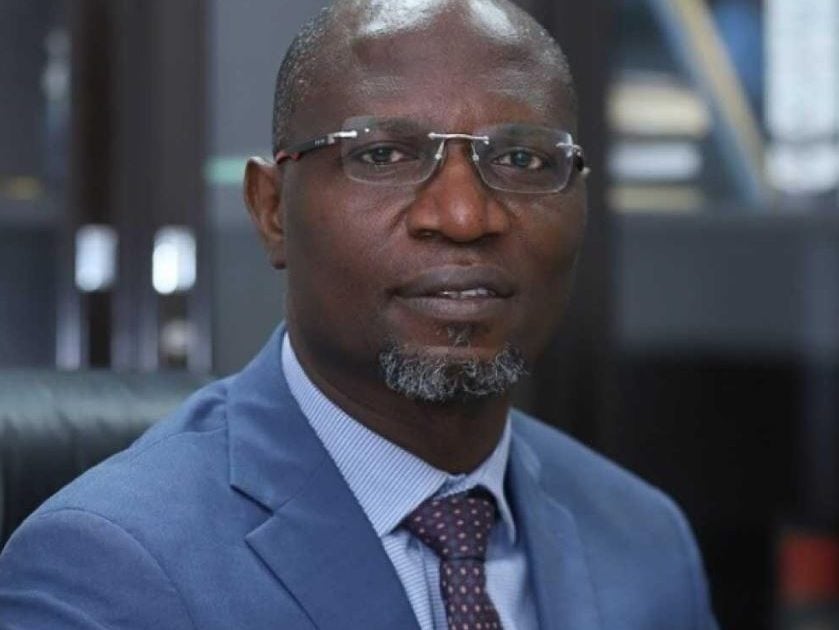The Director-General of the Securities and Exchange Commission, Emomotimi Agama, has hailed Nigeria’s removal from the Financial Action Task Force grey list, describing it as a signal of the country’s renewed commitment to transparency and sound financial governance.
FATF, the global watchdog for anti-money laundering and counter-terrorism financing, on Friday announced Nigeria’s delisting after more than two years on the watchlist for countries with strategic deficiencies in their financial systems.
Speaking on Channels Television’s Morning Brief programme, Agama said the development marks a turning point for Nigeria’s financial markets and will significantly boost investor confidence and foreign capital inflows.
“It means so much for us in the capital market; it means so much for us in the financial system. The release of Nigeria from the FATF grey list means investor confidence will be boosted. It sends a strong signal to investors and trading partners that Nigeria has made significant progress in strengthening its anti-money laundering and countering of financing of terrorism regulations,” he said.
Agama described the delisting as a “welcome call to new investments”, noting that it would further stimulate productivity and support long-term economic growth.
Following the implementation of a 19-point action plan, Nigeria was officially removed from the grey list after FATF confirmed the country’s compliance with global standards. The SEC boss commended the Nigerian Financial Intelligence Unit, led by Hafsat Bakari, for spearheading the reform process that led to the delisting.
“The NFIU was at the forefront of this initiative, and we commend their commitment, which has earned Nigeria global recognition for its strengthened institutional framework to tackle financial crimes,” Agama said.
He also lauded the collaborative efforts of the National Security Adviser, the Secretary to the Government of the Federation, and several ministries, including Aviation, Budget and Economic Planning, Defence, Foreign Affairs, Solid Minerals, and State for Finance, as well as the leadership of the National Assembly and the Judiciary.
Agama said the FATF delisting reflects Nigeria’s broader economic reform drive, institutional integrity, and improved global credibility, adding that the milestone positions the country for a stronger financial future anchored on transparency and investor trust.















